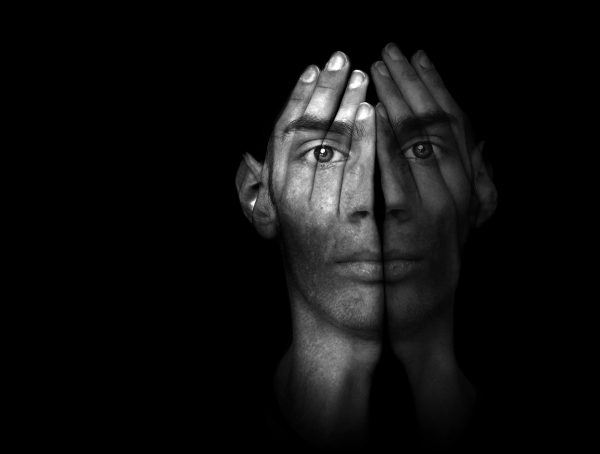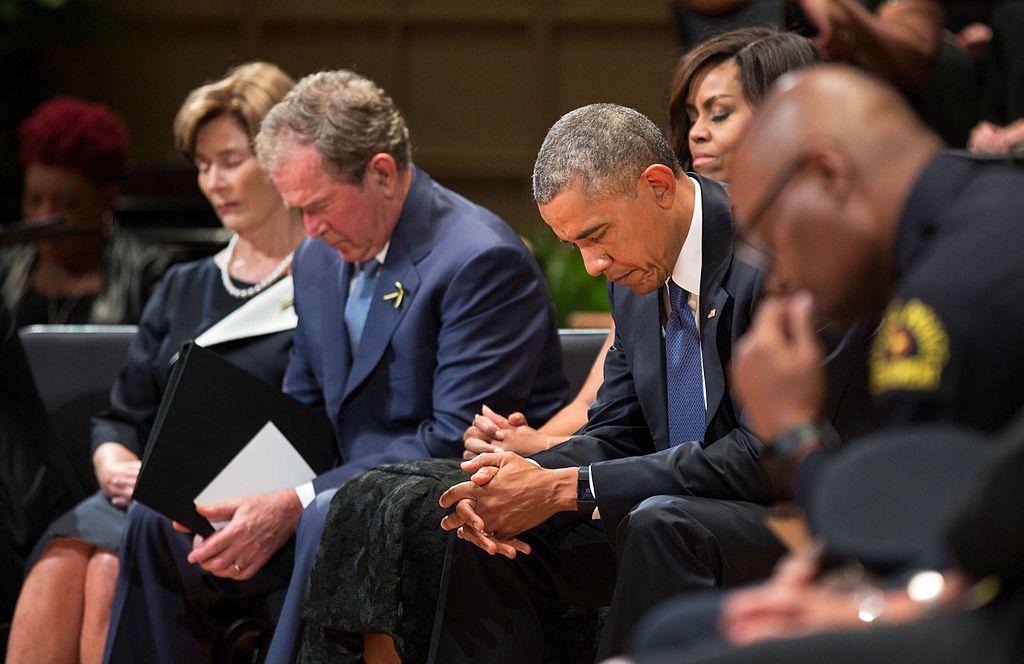Good cop or bad cop? #BlackLivesMatter or #AllLivesMatter?

[highlightrule]What’s going on in our nation? Why? And what should we do about it?[/highlightrule]
What’s going on in our nation? Though most of our systems aspire to fairness, people of color consistently experience disparate outcomes, compared to Whites. Racial disproportionality occurs across all systems – education, child welfare, health care, housing, employment, banking and finance and the justice system – to name just a few.
For example, students of color are suspended more often than Whites but not, in many cases, because they misbehave more often or commit more serious offenses. A 2011 longitudinal study in Texas by the Council of State Governments examined almost a million student records and found that mandatorily reported offenses were committed proportionately by race/ethnicity. (In other words, if Whites made up about 57 percent of a school’s enrollment, they committed about 57 percent of the mandatorily reported offenses.) Yet, for discretionary offenses, when students were matched by offense type, age, grade, type of student, income, family structure, etc., (83 distinct variables), researchers found Black students had a 31 percent higher likelihood of disciplinary action compared with otherwise identical White and Hispanic students.
Similarly, studies have consistently found that marijuana use is basically the same for Blacks and Whites. Yet, National Uniform Crime Report data in all 50 states and Washington, D.C., from 2001 to 2010 found that marijuana possession arrest rates (per 100,000 people) were 3.73 times higher for Blacks than Whites.
This is not to say there aren’t behavioral differences between racial/ethnic groups. In 2014, the U.S. Justice Department’s Office of Juvenile Justice and Delinquency Prevention found that White youth commit more weapons, vandalism and alcohol/drug offenses, and Black youth commit more robbery and burglary offenses. But these findings don’t begin to explain the different outcomes by race/ethnicity.
WHY POLICE ARE IN THE FOREFRONT
Although disproportionality and disparity are common throughout the aforementioned systems, law enforcement often bears the brunt of the criticism.

Former President George W. Bush with President Obama at the July 12 memorial service for five Dallas police officers killed July 8 by a man angry at police. Photo: White House and Facebook, via Wikimedia Commons
Why? Because police officers are the most visible, and their actions carry the most direct and immediate consequences. We have seen videos and live Facebook streams of some egregious interactions, with fatal outcomes. And when these awful events happen, we want someone to blame. But blame cannot bring back Trayvon Martin, Eric Garner, Michael Brown, Tamir Rice, Walter Scott, Freddie Gray, Alton Sterling, Philando Castile and the many others. So we grieve. And yet more die: In Charleston, Cynthia Hurd, Susie Jackson, Ethel Lance, DePayne Middleton-Doctor, Clementa Pinckney, Tywanza Sanders, Daniel Simmons, Sharonda Singleton, Myra Thompson